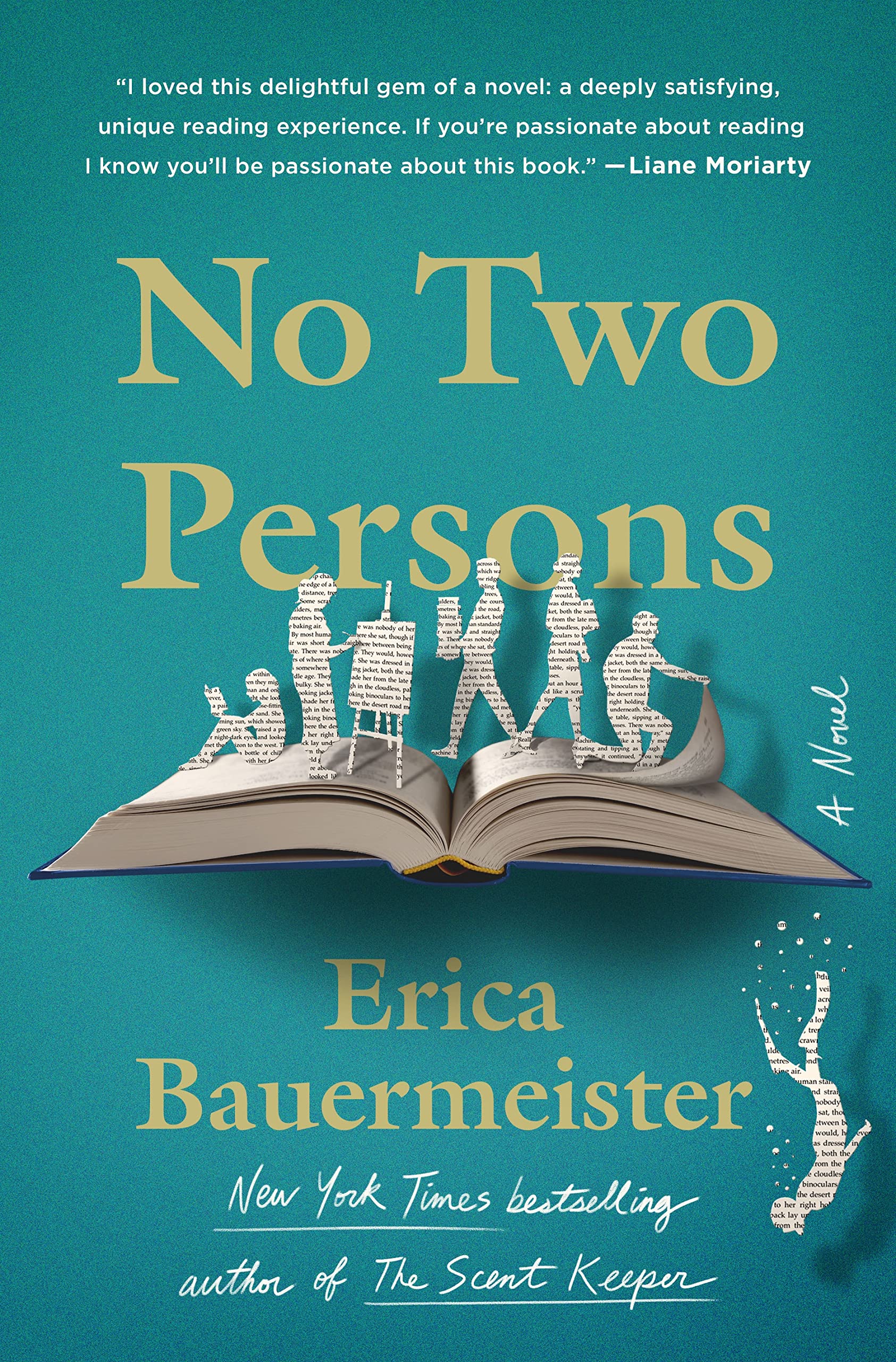
The Teller of Small Fortunes
Book Description
Whispers of fate swirl in the air as a mysterious fortune teller arrives in a bustling town, igniting a collision of dreams, secrets, and shattered lives. Each reading she delivers casts shadows on unsuspecting hearts, unraveling deep-rooted desires and dark truths that threaten to ignite chaos. Tensions rise as her presence reveals hidden connections among the townsfolk, weaving a tapestry of love, betrayal, and redemption. As truths unfold and stakes escalate, will anyone truly be ready to confront the fortunes they've been given? In a world where every choice shapes destiny, what price will they pay for their desires?
Quick Book Summary
"The Teller of Small Fortunes" by Julie Leong immerses readers in a cozy yet mysterious fantasy where fate is as much a character as the people themselves. When a fortune teller mysteriously arrives in a lively town, her cryptic readings upend the lives of townsfolk. Long-buried secrets rise to the surface, and interconnected relationships—woven through love, ambition, and regret—are laid bare. As each fortune is delivered, individuals are compelled to confront difficult truths about themselves and one another. The town is destabilized as desires clash, betrayals are revealed, and the townspeople must decide whether to defy or accept the futures foretold. The narrative explores destiny’s hold over human lives, the cost of knowing one’s path, and the redemptive power of choice as townspeople grapple with the dark and luminous threads of their own stories.
Summary of Key Ideas
Table of Contents
The Influence of Fate and Free Will
The arrival of the enigmatic fortune teller throws the bustling town into a state of unease and curiosity. Her presence, both alluring and unsettling, fascinates the townsfolk, many of whom seek her guidance out of hope, desperation, or skepticism. Each person she encounters becomes entwined in a web of destiny and possibility as her readings whisper of futures that are at once promising and ominous. The fortune teller herself is an enigmatic figure, hinting at her own hidden motives while serving as a catalyst for the town’s unraveling.
Revelation of Secrets and Hidden Lives
As fortunes are told, deeply held secrets begin to emerge among the townspeople. Old wounds and grievances are reignited as truths are spoken aloud—sometimes inadvertently—shattering the fragile balance of relationships. The fortune teller’s uncanny insight exposes affairs, longstanding grudges, and unresolved regrets. The resulting turmoil forces individuals to reckon with parts of themselves they had long ignored or kept hidden, highlighting the transformative—or destructive—potential of truth.
Interconnectedness of the Community
The narrative reveals how intimately the townspeople’s lives are interwoven. The fortune teller’s readings expose connections and shared histories many had forgotten or never realized existed. Small acts ripple outward, tying the fates of friends, lovers, rivals, and estranged family members together. The town itself becomes a character, its collective hopes and fears feeding into the fortune teller’s influence. These connections emphasize the impact of individual choices on the wider community, as every decision shapes more than just one life.
Desire, Betrayal, and Redemption
Desire, betrayal, and the hope for redemption are recurring threads as characters confront the consequences of their actions and the fortunes they receive. Some grasp recklessly at what they want, betraying others in pursuit of their dreams. Others seek forgiveness or transformation, wrestling with the future’s uncertainty. The fortune teller’s role is more than passive observer; her insights challenge each person’s sense of self and the boundaries of their ambitions, prompting both confrontation and catharsis.
The Cost and Consequence of Knowing the Future
Ultimately, knowing the future comes with a heavy cost. The townspeople must decide whether to embrace their fates, fight against them, or carve out new paths altogether. Some suffer under the burden of knowledge, while others use their readings as opportunities for change and growth. The fortune teller’s presence fades as quickly as it arrived, but her impact endures, leaving behind a community forever altered by truth, choice, and the mysterious workings of fate.
Download This Summary
Get a free PDF of this summary instantly — no email required.





